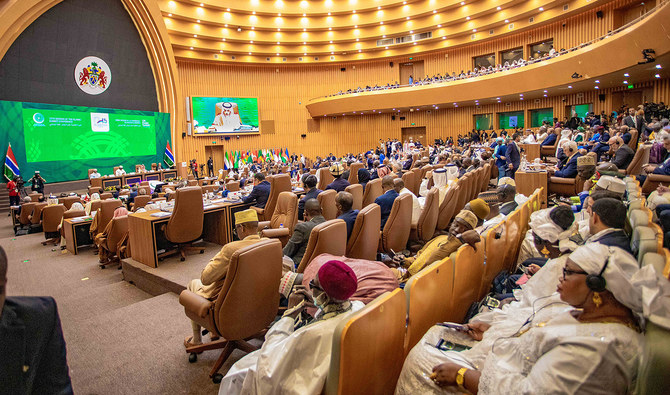ISLAMABAD: An international credit rating agency on Tuesday raised concern over near-term policy uncertainty in Pakistan amid external and fiscal challenges from rising commodity prices and an increase in global risk aversion.
Fitch Ratings, an American firm, recognized that the recent government change in Pakistan had been peaceful, though it highlighted that the new administration's policy agenda would be central to the country's ability to refinance its external debt over the medium term.
"The previous government's implementation of reforms in line with an IMF programme helped to underpin its access to global debt markets, in our view," it said. "This was highlighted by Pakistan's issuance of a USD1 billion sukuk in January 2022. Since then, the country’s access to private creditor finance has been challenged by external factors, such as rising US interest rates and heightened investor risk aversion around the Ukraine conflict. We believe setbacks to reform or the IMF programme would make access even more difficult."
The international company said the change in government could complicate timely completion of the remaining three reviews of the IMF program.
"Senior officials from key parties in the new government have signalled that they plan to maintain engagement with the IMF," it added. "However, negotiations around key revenue-raising reforms could prove lengthy, particularly as the government is a broad coalition of disparate political parties."
Fitch Ratings noted new fuel subsidies introduced in March as part of the previous government's efforts to restrain inflation had already added to the complications facing program negotiations and medium-term fiscal consolidation.
Discussing Pakistan's current account deficit, the firm said it was likely to be around five percent of the country's GDP during fiscal year ending June 2022, up from four percent in the February review.
It said that Pakistan faced $20 billion in external debt repayments in FY23, though it included $7 billion in Chinese and Saudi deposits that were likely to be rolled over.
Fitch Ratings noted higher trade deficits and capital outflows had driven a sharp depreciation of the Pakistani rupee against the US dollar. It added this, along with debt repayments, had put pressure on liquid foreign exchange reserves with the State Bank of Pakistan.
The central bank's reserves fell by $5.1 billion between end-February and 1 April 2022, to USD11.3 billion.
"Fitch believes Pakistan has the ability to manage its external liquidity position in the near term if policy uncertainty is resolved relatively quickly and commodity prices do not rise substantially above our forecasts for 2022-2023," it said.
The firm maintained it expected Pakistan's access to bilateral financing to remain robust, particularly from China, adding the two countries' strong bilateral relationship was unlikely to be weakened by Pakistan's change in leadership.
















